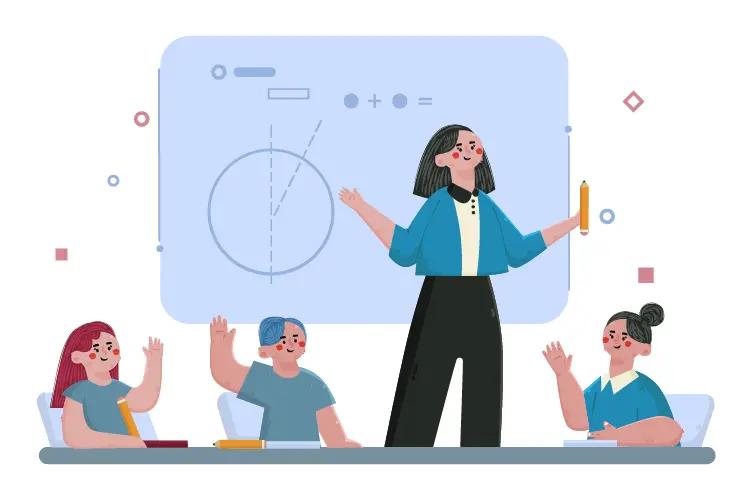School counsellors are unsung heroes within the educational landscape, dedicated to fostering the development of students. Beyond the conventional roles of educators, these professionals play a pivotal part in the emotional and academic growth of individuals. In this article, we will delve into the multifaceted world of school counsellors. Along with exploring who they are and the indispensable contributions they make to the educational journey.
Defining the School Counsellor
A school counsellor is a trained and certified professional who works within the educational system to support students’ personal, social, academic, and career development. These individuals are not only academically inclined. They also deeply understand the emotional and social challenges that students face during their formative years.

Roles and Responsibilities
- Academic Guidance: School counsellors assist students in planning their academic paths. Such as helping them select appropriate courses and set realistic educational goals. They play a crucial role in facilitating a smooth transition from one academic level to the next ensuring that students are well-prepared for the challenges that lie ahead.
- Emotional Support: Recognizing that students’ emotional well-being is paramount to their success. School counsellors provide a safe and confidential space for students to express their thoughts and feelings. They offer guidance on managing stress, handling interpersonal conflicts, and developing coping mechanisms to navigate the emotional complexities of adolescence.
- Career Counseling: School counsellors assist students in exploring potential career paths by assessing their interests, strengths, and aspirations. They provide information about various professions and educational requirements and guide students through the process of making informed decisions about their future careers.
- Crisis Intervention: In times of crisis, such as personal emergencies, bullying, or trauma, school counsellors are often the first line of defence. They provide immediate support, coordinate with other professionals when necessary, and work towards creating a supportive environment for affected students.
- Parent and Teacher Collaboration: School counsellors act as liaisons between parents, teachers, and students, fostering effective communication and collaboration. They engage in discussions about students’ progress, behavioural concerns, and academic achievements to ensure a comprehensive and well-rounded support system.
Conclusion
In essence, school counsellors are instrumental in creating a nurturing environment where students can thrive academically and emotionally. Their multifaceted roles encompass academic guidance, emotional support, career counselling, crisis intervention, and facilitating communication between various stakeholders. As we acknowledge their profound impact on student’s lives, it becomes evident that their contributions extend far beyond the classroom, shaping the future leaders and contributors of society.
Ready to begin? Start your online therapy journey today. Book your first session now.




